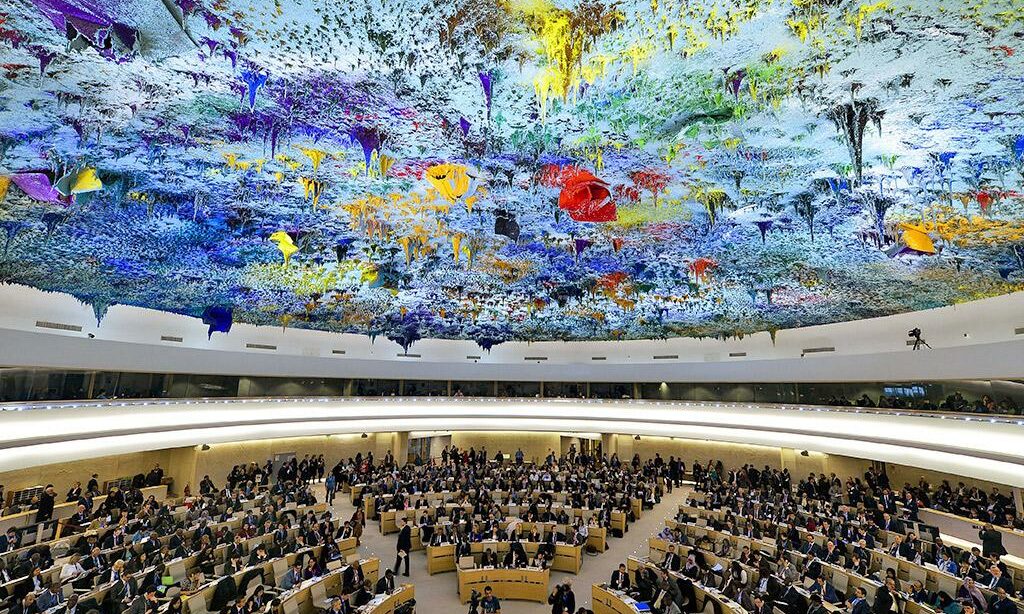Last week, the chairperson of the Uganda Human Rights Commission (UHRC), Lady Justice Mariam Wangadya, revealed that Uganda had been barred from physically participating in human rights meetings held in Geneva.
This development follows the closure of the Office of the UN High Commissioner for Human Rights in Uganda.
This raises concerns about the fate of human rights in the country. Is the end of the beginning or the beginning of the end to the human rights mistrust between the Government of Uganda and the Office of the United Nations High Commissioner for Human Rights (OHCHR)?
The fate of human rights in Uganda has been an issue of controversy and mistrust among stakeholders. It resulted in the closure of 54 civil society groups in 2021, including human rights and election-monitoring organizations, and the last assault on human rights was the closure of the U.N. human rights office in Kampala.
Is there a mechanism to resolve the ongoing mistrust between the parties? Definitely yes, because for how long will mistrust reign? The parties need to harmonize over the plight of human rights in the country.
Civil society is a key stakeholder in preserving democratic governance, with human rights as a priority of democratic government.
Institutions responsible for ensuring accountability of human rights, for example, the Uganda Human Rights Commission, courts of law, and the police, are often overshadowed by the state in pursuit of state interests and due to reasons like inadequate budgets, corruption, to mention but a few.
Is the plight of Civil Society Organizations secured in Uganda? It needs assurance!
In February 2023, however, the Foreign Affairs Ministry sent a letter to the U.N. human rights office in Kampala explaining that the decision was made because of the government’s own commitment to the protection and promotion of human rights and the existence of “strong national human rights institutions and a vibrant civil society.
However, the government of Uganda committed to continuing its cooperation with the OHCHR Headquarters, either directly or through its Permanent Mission in Geneva. Is this adequate?
In 2023, the high commissioner’s spokeswoman, Ravina Shamdasani, told the Voice of America (VOA) that while the U.N. human rights office no longer has a presence in Uganda, the high commissioner and his team remain committed to working on human rights in Uganda.
“The relationship that we have built over 18 years will not be lost overnight. We will do what we can to maintain this relationship. The fact that we are no longer in Uganda does not mean that we will stop monitoring the human rights situation in the country. We will continue to work on monitoring the situation, but from a distance,” Shamdasani said.
Nevertheless, she said, many serious human rights challenges remained, citing concerns about possible occurrences ahead of the 2026 elections.
Are we yet to see a spike of ‘criminal and financial’ sanctions on key players in the violation of human rights? Could we have a peaceful and non-violent election where no citizen is battered or killed by the security apparatus?
Instances of arbitrary and illegal arrests often arise during elections. Rights activists and campaigners have continued to accuse President Museveni’s regime of evading international scrutiny after a shock move to end the agreement with OHCHR.
This intensifies the mistrust between the Ugandan government and the international community about the fate of human rights in the country. Consequently, Uganda’s human rights status may be downgraded over time.
Is it the end of the beginning or the beginning of the end of the human rights mistrust between the Government of Uganda and the OHCHR?
